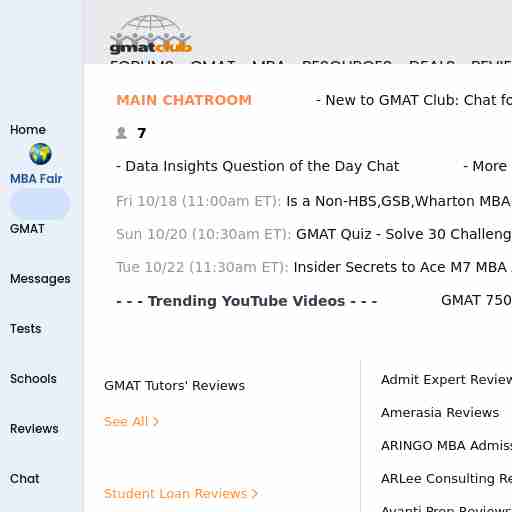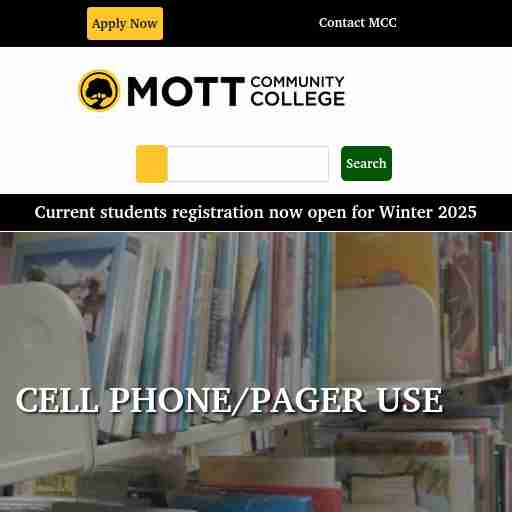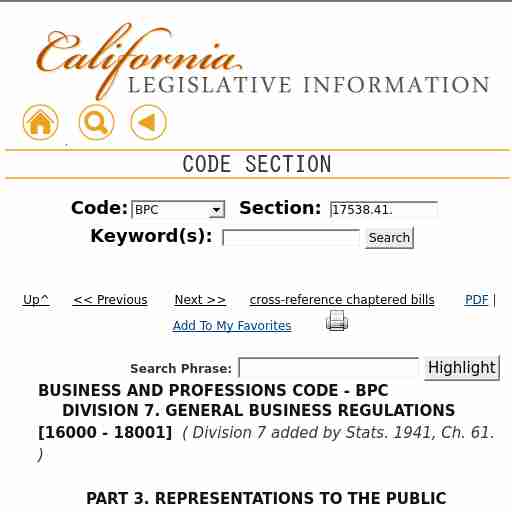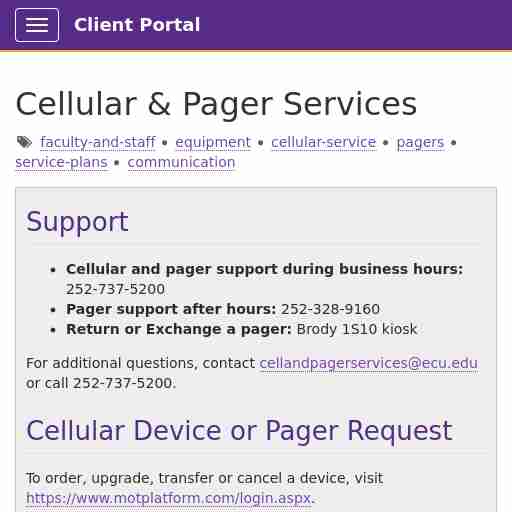Cellular phones and pagers have become an integral part of our lives. These devices have revolutionized the way we communicate, allowing us to stay connected with people from all over the world. In this article, we will take a look at the history of cellular phones and pagers, how they work, and their impact on society.
The first cellular phone was invented in 1973 by Martin Cooper, a researcher at Motorola. The device was called the DynaTAC 8000X and weighed almost 2.5 pounds. It was not until 1983 that the first commercial cellular network was launched in the United States by Ameritech.
Since then, cellular phones have undergone significant changes. They have become smaller, lighter, more powerful, and more affordable. Today's smartphones are essentially mini-computers that can perform a wide range of functions such as browsing the internet, taking photos and videos, playing games, and sending emails.
Cellular phones work by sending and receiving radio signals through a network of cell towers. When you make a call or send a text message, your phone connects to the nearest cell tower which then relays your message to its destination.
In recent years, there has been a shift towards using data networks for communication instead of traditional voice networks. This has led to the rise of messaging apps such as WhatsApp and Facebook Messenger which allow users to send messages over data networks instead of using SMS or MMS.
Pagers were first introduced in 1950 by Eugene F. McDonald Jr., who founded what would later become known as the pager company, Motorola. Pagers were initially used by doctors and other medical professionals as a way to be notified of emergencies.
By the 1980s, pagers had become more affordable and accessible to the general public. They were popular among businesspeople who needed to stay in touch with their colleagues while on the go. However, pagers had limited functionality and could only receive text messages.
Pagers work by receiving radio signals from a transmitter which then displays a message on the pager's screen. Unlike cellular phones, pagers do not have the ability to send messages or make calls.
Today, pagers are mostly used by emergency services such as firefighters and paramedics who need to be notified of emergencies quickly and reliably.
The invention of cellular phones and pagers has had a significant impact on society. These devices have made it easier for people to stay connected with each other regardless of their location. They have also improved communication in emergency situations, allowing first responders to be notified quickly and efficiently.
However, there are also concerns about the negative effects of cellular phones and pagers on society. Some studies suggest that excessive use of these devices can lead to addiction, sleep disturbances, and social isolation.
In conclusion, cellular phones and pagers have come a long way since their invention. They have changed the way we communicate with each other and have become an essential part of our daily lives. While there are concerns about their negative effects on society, it is clear that these devices will continue to play an important role in our lives for years to come.
A cellular phone can make calls, send messages, and access the internet, while a pager can only receive text messages.
The first commercial cellular network was launched in the United States by Ameritech in 1983.
The first pager was invented by Eugene F. McDonald Jr., who founded what would later become known as Motorola.
Excessive use of these devices can lead to addiction, sleep disturbances, and social isolation.
---

Jul 18, 2016 ... we do not need the number 200 to find oa is e. we can... 80% who own cellular phone = 160 45% own pager = 90 total ... FORUMS GMAT MBA RESOURCES DEALS REVIEWS CHAT All Business School Discussions Admitted - Which School to Choose? Master's Programs (MiM, MFin, MSc) Marketplace - Compare all GMAT Deals Manhattan Prep - Save up to $225 Target Test Prep - Save up to $300 Experts' Global - Save up to $418 ARINGO MBA Admissions Consulting See All Verified & Authentic Reviews ARINGO MBA Admissions Consulting Reviews Stacy Blackman Consulting Reviews - New to GMAT Club: Chat for new members - Quant Question of the Day Chat - Verbal Question of the Day Chat - Data Insights Question of the Day Chat - - - YouTube Live Sessions - - - Fri 10/18 (11:00am ET): Is a Non-HBS,GSB,Wharton MBA Worth It? Sun 10/20 (09:30am ET): GRE Quiz - Solve 20 Challenging Questions in Timed Conditions Sun 10/20 (10:30am ET): GMAT Quiz - Solve 30 Challenging Questions in Timed Conditions Mon 10/21 (11:30am ET): Mastering GMAT Ratio and Proportion: Quant Strategies with TTP Tue 10/22 (11:30am ET): Insider Secrets to Ace M7 MBA Applications Ft. Ex-Admissions Dean, Chicago Booth Thu 10/24 (11:30am ET): 3 Important Points about the New Harvard Essay - - - Trending YouTube Videos - - - GMAT 750 & Getting into ISB and Top 20 US BSchools with Scholarship The 5 Traps GMAT Uses in Data Sufficiency MBA Spotlight Fair - Meet Top 20 MBA Programs Free Webinar – Achieve 90th %ile score on GMAT CR and TPA Conquer Algebra on the GMAT Focus Edition MBA Spotlight Fair - Meet Top 20 MBA Programs We are excited to bring you the Fall edition of the MBA Spotlight Fair! Meet admission officers from the top 20 MBA programs—including HBS, Stanford, and Wharton—as you prepare for Round 2 applications.

Cell phones and pagers can be a disruption to those studying or doing research and their use in the Mott Library should be kept to a minimum. Mott ... Current students registration now open for Winter 2025 Cell phones and pagers can be a disruption to those studying or doing research and their use in the Mott Library should be kept to a minimum. Mott Library Cell Phone Policy * The Mott Library is committed to providing a welcoming environment conducive to quiet study. Cell phones can be a disruption to those studying or doing research and their use in the Mott Library should be kept to a minimum. Cell phone use is allowed in the Mott Library when certain conditions are met: Please turn off or quiet your ringers and paging functions when entering the Mott Library. Please be courteous of other library patrons. Conversations should be kept short and quiet. Extended conversations should be conducted outside of the library. Areas such as group study rooms or restrooms are not appropriate locations for cell phone conversations. Library patrons should report loud, disruptive or uncooperative cell phone users to the reference librarian at the 1st floor reference desk. NOTE: that the main public area of the 2nd floor is designated a Quiet Study Area and cell phone conversations are not permitted there. If you need to participate in a cellphone conversation or a videoconference while on the 2nd floor, please use the ZenBooth near the central stairway. Adherence to these common courtesies will ensure that we are able to maintain a library environment that is focused on the achievement of academic success. * The Testing Center cell phone policy may differ.

... mobile telephony services handset, pager, or two-way messaging device. (f) Subdivision (a) shall not impose an obligation on a person or entity offering mobile ... Up^<< Previous Next >>cross-reference chaptered billsPDF | Add To My Favorites BUSINESS AND PROFESSIONS CODE - BPC DIVISION 7. GENERAL BUSINESS REGULATIONS [16000 - 18001] ( Division 7 added by Stats. 1941, Ch. 61. ) PART 3. REPRESENTATIONS TO THE PUBLIC [17500 - 17943] ( Part 3 added by Stats. 1941, Ch. 63. ) CHAPTER 1. Advertising [17500 - 17606] ( Chapter 1 added by Stats. 1941, Ch. 63. ) ARTICLE 2. Particular Offenses [17530 - 17539.6] ( Article 2 added by Stats. 1941, Ch. 63. ) (a) (1) Except as provided in subdivision (b), (c), (d), or (e), no person, entity conducting business, candidate, or political committee in this state shall transmit, or cause to be transmitted, a text message advertisement to a mobile telephony services handset, pager, or two-way messaging device that is equipped with short message capability or any similar capability allowing the transmission of text messages. A text message advertisement is a message, the principal purpose of which is to promote the sale of goods or services, or to promote a political purpose or objective, to the recipient, and consisting of advertising material for the lease, sale, rental, gift offer, or other disposition of any realty, goods, services, or extension of credit, or advertising material for political purposes. (2) This section shall apply when a text message advertisement is transmitted to a number assigned for mobile telephony service, pager service, or two-way messaging service to a California resident.

Jan 20, 2016 ... Vendors and service providers assist with warranty, repairs and ongoing support. Mobile Device Usage Guidelines. Business justification is ... TDX:Failed to dispatch 'CKEDITOR-config-loaded'. dispatchCustomEvent requires a polyfill defined in TDJSFramework. Show Applications Menu Client Portal Tags faculty-and-staff equipment cellular-service pagers service-plans communication Cellular and pager support during business hours: 252-737-5200 Pager support after hours: 252-328-9160 Return or Exchange a pager: Brody 1S10 kiosk For additional questions, contact cellandpagerservices@ecu.edu or call 252-737-5200. Cellular Device or Pager Request Cellular and pager service plans and related equipment are provided from several vendors for university business use. The negotiated plans are designed and intended to cover the state's normal requirements for service and equipment at competitively attractive rates. ITCS provides consultation on these services as a viable solution for your business need. All device orders and service billing are handled through ITCS to ensure proper pricing and service plan utilization. Vendors and service providers assist with warranty, repairs and ongoing support. Business justification is required and submitted by the department. Inquiries related to the Mobile Communication Device (MCD) allowance should be directed to ECU Human Resources. Monthly vendor bills are reviewed before payment. Under-utilized devices or high-cost devices should be terminated or replaced with more cost-effective alternatives. Personal material on mobile devices is prohibited. ITCS maintains the mobile device inventory.